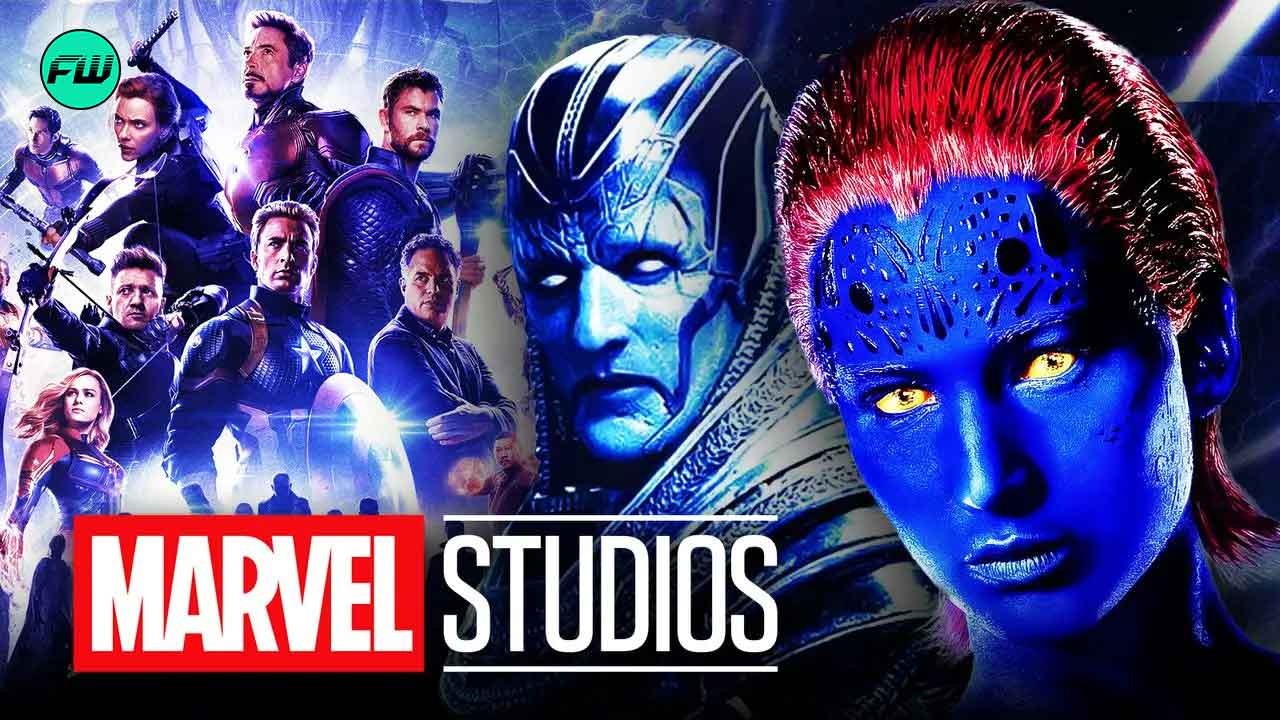Marvel Studios’ Iron Man 3 subverted comic-book fans’ expectations, specifically with its inclusion and treatment of the Mandarin. According to MCU: The Reign of Marvel Studios, the filmmakers attached and the production companies backing the endeavor had some concerns about the well-known nemesis’ portrayal and adapting the iteration found in the original comics.
A part of the reason for deviating from the character’s roots was to avoid perpetuating the Fu Manchu stereotype and the racist connotations attached to it.
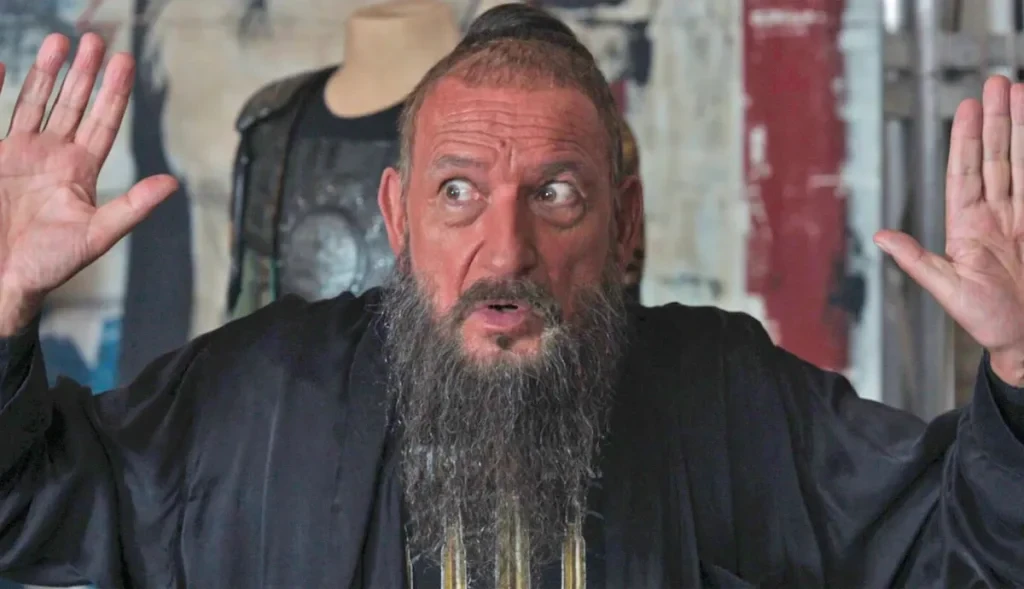
Read more: Marvel Studios Reportedly Developing ‘Children of the Vault’ Project!
While some critics found the third installment’s narrative twist to be inventive and a metaphor for xenophobia in the West and the availability bias that causes people to perceive someone as dangerous, others found the supposed ring wielder’s role as a decoy unsatisfactory. However, Ben Kingsley’s portrayal of the cover-up “supervillain” signaled a break from the Mandarin’s troubled comic-book past.
It gave rise to the twist that allayed the studio executives’ concerns about introducing the character to a worldwide audience.
Why Marvel Studios’ Top Brass Were Terrified Of Introducing The Mandarin
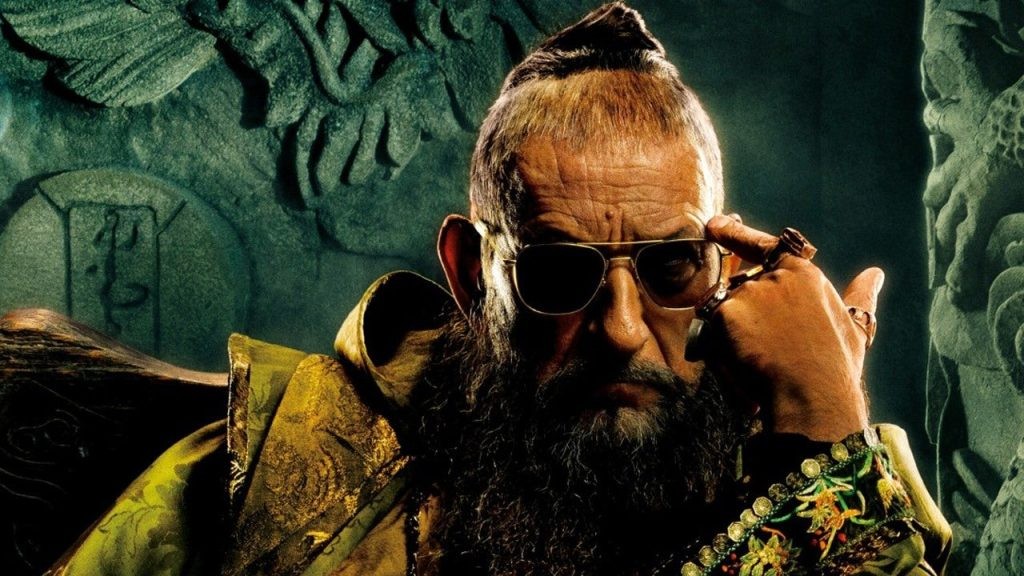
Although we now know who the MCU iteration of the ring-wielder is, at the time, the incorporation of Mandarin in Iron Man 3 excited fans, who were oblivious to the twist that would greet them with the story’s progression.
Enthusiasts had anticipated the adaptation of one of the titular superhero’s frequent adversaries from the comics, only to be met with Kingsley’s Trevor Slattery, a drug-addicted British actor hired by Aldrich Killian and the Advanced Idea Mechanics (AIM) to pose as the terrorist leader of the criminal organization Ten Rings.
The director of the previous two Iron Man movies, Jon Favreau, wished to see Mandarin as the big baddie of the third installment. However, he was apprehensive about his magical powers, which would contrast heavily with the tech-savvy world of the titular hero. Following is what the helmer and MCU frequenter told MTV News in 2010:
“You’ve got to do the Mandarin. The problem with the Mandarin is that the way it’s depicted in the comic books, you don’t want to see that. He has ten magical rings — that … doesn’t feel right for our [franchise]. So it’s either tech-based, or the rings are not really rings…”
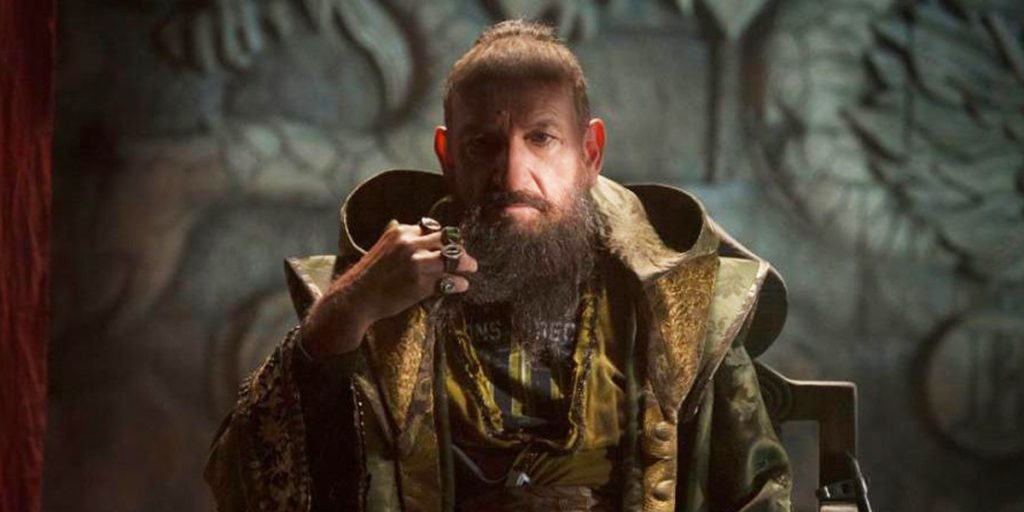
Read more: The Avengers Villain Everyone At Marvel Studios Wanted to Die As Soon As Possible!
The creatives attached were equally worried about the Mandarin’s comic-book counterpart’s caricatured nature and stereotypical racist roots. Co-writer and director of IM3, Shane Black, even clarified (via Yahoo! News) that Ben Kingsley‘s casting as the Mandarin shrouded the character’s nationality (initially, before the twist) in secrecy, and they could tackle the arch-enemy without having “to deal with the specifics of Fu Manchu stereotyping.”
Dr. Fu Manchu, a villain from a series of novels penned by English author Sax Rohmer, has faced racist accusations. The outcry stemmed from his clichéd on-screen and print persona, his nonsensical Chinese name, and the character’s caricatured design. In the original Marvel comics, Mandarin possessed characteristics that mirrored similar stereotypes.
Chris Fenton of DMG Entertainment highlighted such problems in a conversation with a Marvel Studios exec.
The Stereotypes Attached To The Mandarin And How It Was Changed In Iron Man 3
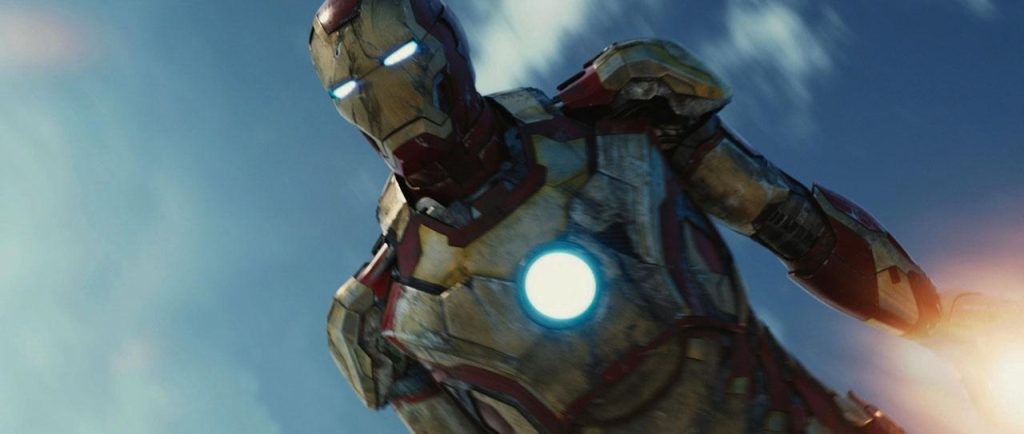
Chris Fenton, who worked for DMG Entertainment, one of the production companies that backed Iron Man 3 and distributed the movie in China with Disney, spoke with Marvel Studio exec Tim Connors about the comic-book adversary’s problematic attributes and warned him against such a depiction in the film.
He was reportedly terrified of the villain’s inclusion and had the following to say (via MCU: The Reign of Marvel Studios by Dave Gonzales, Gavin Edwards, and Joanna Robinson):
“The Mandarin scares the sh—t out of us. The Mandarin looks and acts like the stereotypically derogatory Chinese man. Not only does he have a long spiny beard that he’s constantly straightening with his fingers, he regularly speaks in uber-‘Chinglish,’ constantly saying Chinese-cliché … proverbs.”
The comic-book warlord’s character had to be adjusted in the film without having to write him out entirely. Co-writer Drew Pearce eventually stumbled upon a solution—the decoy/paid-actor twist. The screenwriter was in Shane Black’s house, where the two would brainstorm ideas, and he would suggest the idea to the filmmaker after coming back from the bathroom.
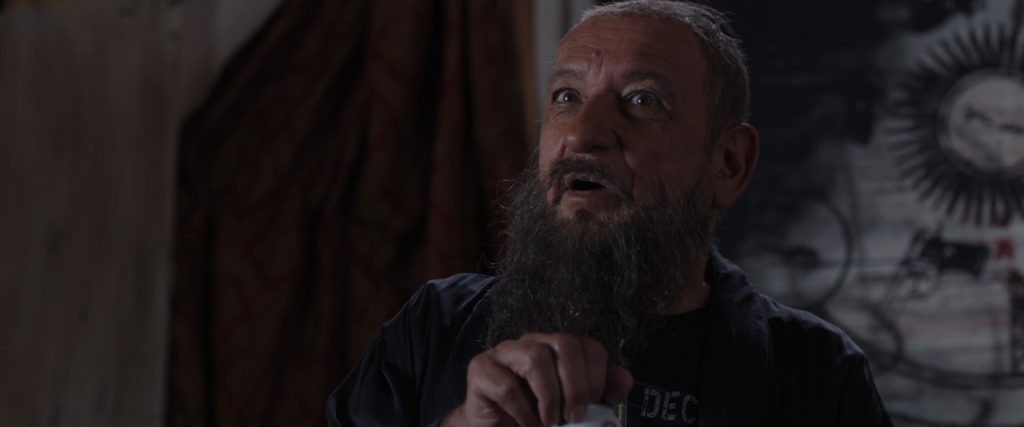
Read more: Marvel Studios Might Be Hunting For The Next Thanos
The following is what was mentioned in the book:
“I pitched the twist with Shane to Kevin [Feige] two days later. Kevin loved it … and backed it right the way through.”
He recalled the same incident in a Screen Rant interview, where he affirmed:
“I [returned] from the bathroom and said, “Shane, what if the Mandarin is an actor?” and it escalated from there. Now, I did not … pitch an alcoholic, British lovie with a pair of hookers in his bed and an incredibly detailed history in local British theater, but that is weirdly what it turned out to be.”
That is how Iron Man 3 saw the inclusion of the terrorist Mandarin; it was a complete departure from its comic-book counterpart, save for the name. This, too, changed with the plot twist that revealed the cover-up adversary as a paid actor utilized to deceive our titular hero and conceal the AIM think tank’s nefarious activities.
Although the surprising element disappointed many fans, it became notable among a few critics and film analysts and saved Marvel Studios from considerable backlash.

